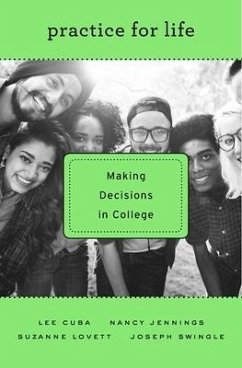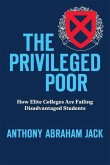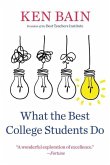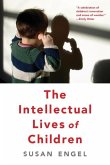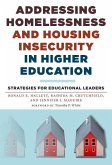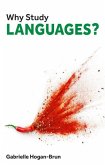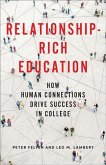In this book, which is based on a five-year study following over 200 students at seven colleges, the authors argue that becoming liberally educated is a complex and messy process involving making decisions and learning from them. Colleges create spaces (both physical and metaphysical) in which students must make decisions, often in the face of ambiguous situations. Some of these decisions--like declaring a major--are formal and happen infrequently. Others--like deciding to talk to a professor after classor balancing academic and extracurricular commitments--are informal and occur almost every day. Because most of these decisions have no right or wrong answers, the choices students make, and what they learn from these choices, shape their college experiences. Students can see their decision-making as opportunities to change and reflect, a process by which they learn about themselves and acquire practice for making decisions as adults after college. But they can also see decision-making as an obstacle course for which the best approach is to minimize risk, reduce uncertainty, and finish quickly. In "figuring things out," either seeing decisions as opportunities or obstacles, college students find themselves caught up in a process of self-creation and re-creation. This simple observation about the college experience has neither been fully appreciated nor systematically explored. Yet the implications of casting student experiences as a series of choices that offer opportunities for re-creation have consequences for students and colleges alike. Students don't just start college and then finish it. They start and re-start college many times.--
Hinweis: Dieser Artikel kann nur an eine deutsche Lieferadresse ausgeliefert werden.
Hinweis: Dieser Artikel kann nur an eine deutsche Lieferadresse ausgeliefert werden.
